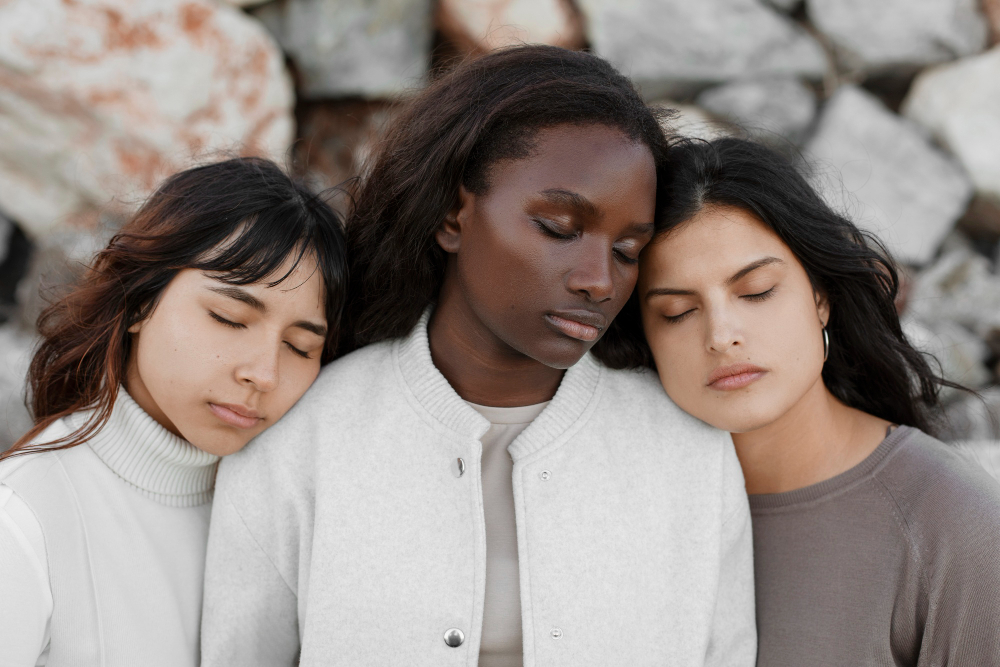Most people, especially people of color, are very familiar with the derogatory term “white-washed”. It is used to describe a person of color who has adopted white mannerisms and neglected the stereotypical looks or demeanor of their own culture.
Although some people believe it is not derogatory. They think that calling people “white-washed” is the truth, are not able to denigrate and discriminate against people. Many other people, typically victims of this insult, would argue that being called this is disheartening and dehumanizing.
Since a lot of people take pride in their origin and identity, they take great offense when labeled white-washed, or any other term similar. Like “Oreo”. The term has been normalized and is used more and more among children, teens, and adults. It is now deemed more acceptable to insult each other without regard or consideration.
At Los Osos High School, a lot of students are greatly influenced by white culture, since this is a predominantly white city with a percentage of 44% white citizens. A lot of students here have been called white-washed at least once in their lives, and it has affected them. Even so, many students learned to hold strong to their beliefs that they shouldn’t be swayed by other kids’ comments.
For example, one interviewee, Freshman Emani Henderson, said, “When I was called it, I started doing like the stereotypical Black girl act, like how they dress, how they act, and the way they wear certain stuff. And like, the way they talked.” Henderson makes a point that when someone assigns or designates you a term, especially a belittling one, you shouldn’t take heed of it. “I feel like when somebody calls you a certain thing, it shouldn’t define you as a person, and it shouldn’t shape you. If that’s what you believe, if that’s what you like, and that’s what you want to be, then be yourself.”
You should focus on what you want and who you want to be. And you should always remember that you are not alone. This term doesn’t just affect one race, but affects all people of color. Another interviewee, Freshman Raeling Higuera, said growing up as a White, Asian American, and Hispanic felt like she had to “choose between races”. She said, “Being whitewashed is a normal thing, because I come from a half white, half Asian mom and a Hispanic dad. Choosing between the races differs, because when you go, it’s night and day from one grandparent’s house to the other. And then growing up in Rancho Cucamonga, it’s a wealthy, white, social economy.”
This is a quintessential illustration for most multiethnic teenagers growing up in a predominantly white community. As Higuera said, choosing and picking between your heritage and struggling to honor your non-white side, but not “fitting in,” is challenging. According to the Pew Research Center, about one in five Asian Americans have said that they have hidden their heritage, like food, language, and cultural traditions, just to fit into the standardized American culture. Freshman Miah Leal said, “So the first time I was called whitewashed was probably in sixth grade when one of my friends said that I was whitewashed because of the way I looked.
But I knew that I wasn’t, but it’s just the clothes I wear and the way I talk, and that I don’t know Spanish. But deep down, I know that I am not whitewashed, because my mom is 100% Peruvian, and she immigrated here when she was six years old.
And I’m proud that she made that achievement for herself, and I’m happy that I can be a part of something so special, and I’m honored that I get to honor her heritage and everything that she’s done to make me successful.”
As a mixed African American with French heritage, I find it hard to recognize my lineage, especially being told growing up by family and friends I’m “ white-washed” and, “I don’t act ‘black’ enough.”.
The essence of being a mixed person with European and Caribbean descent, I felt dismayed, feeling as if I need to assimilate into a category, because I’m not “black enough”. Or, “I’m very well spoken”, because I don’t fit the “Ghetto” or “Ratchet” cliché.
I now sense that my vulnerability was contrary to me growing up, because the term “splintered the lil’ pieces” that make me who I am, a Creole descendant.

